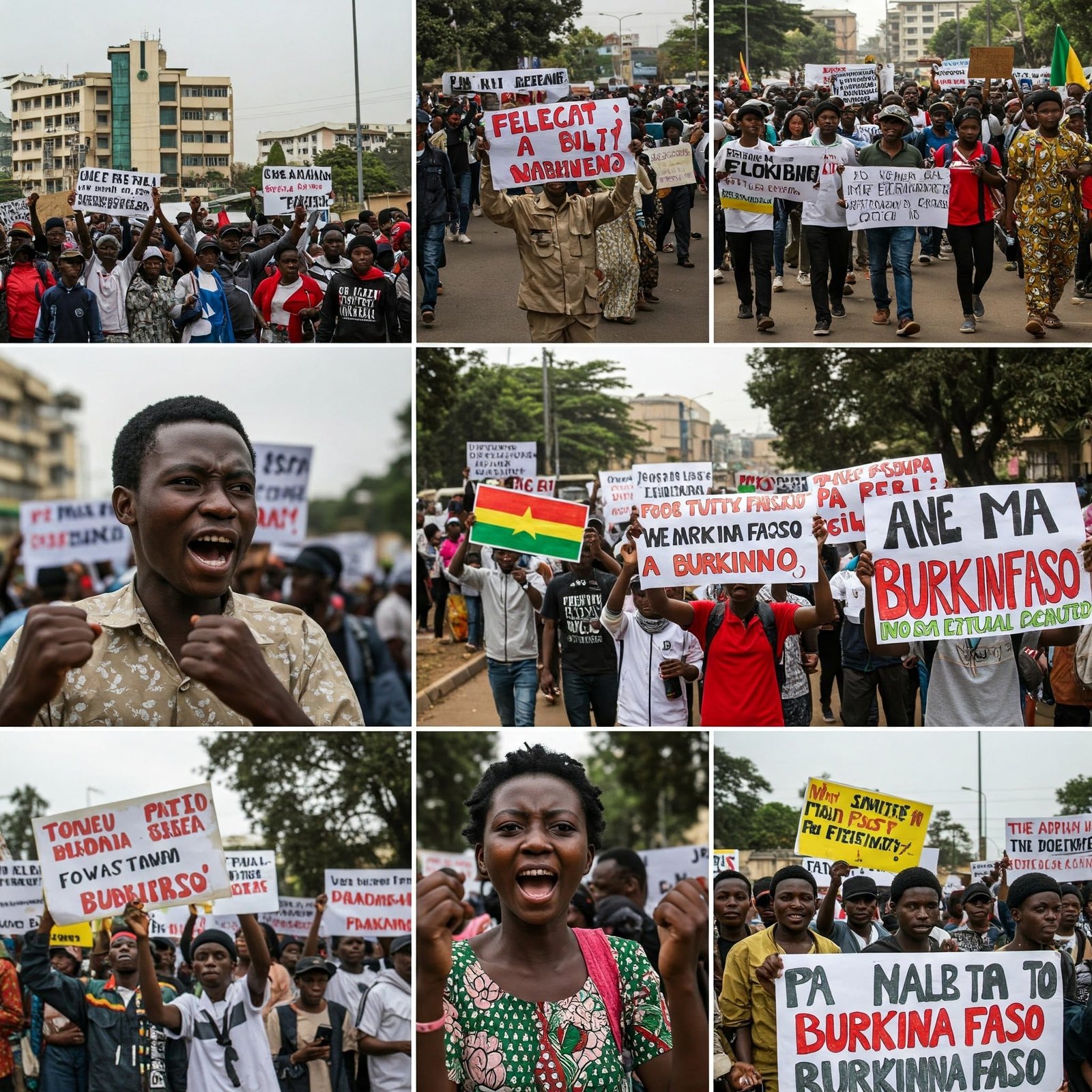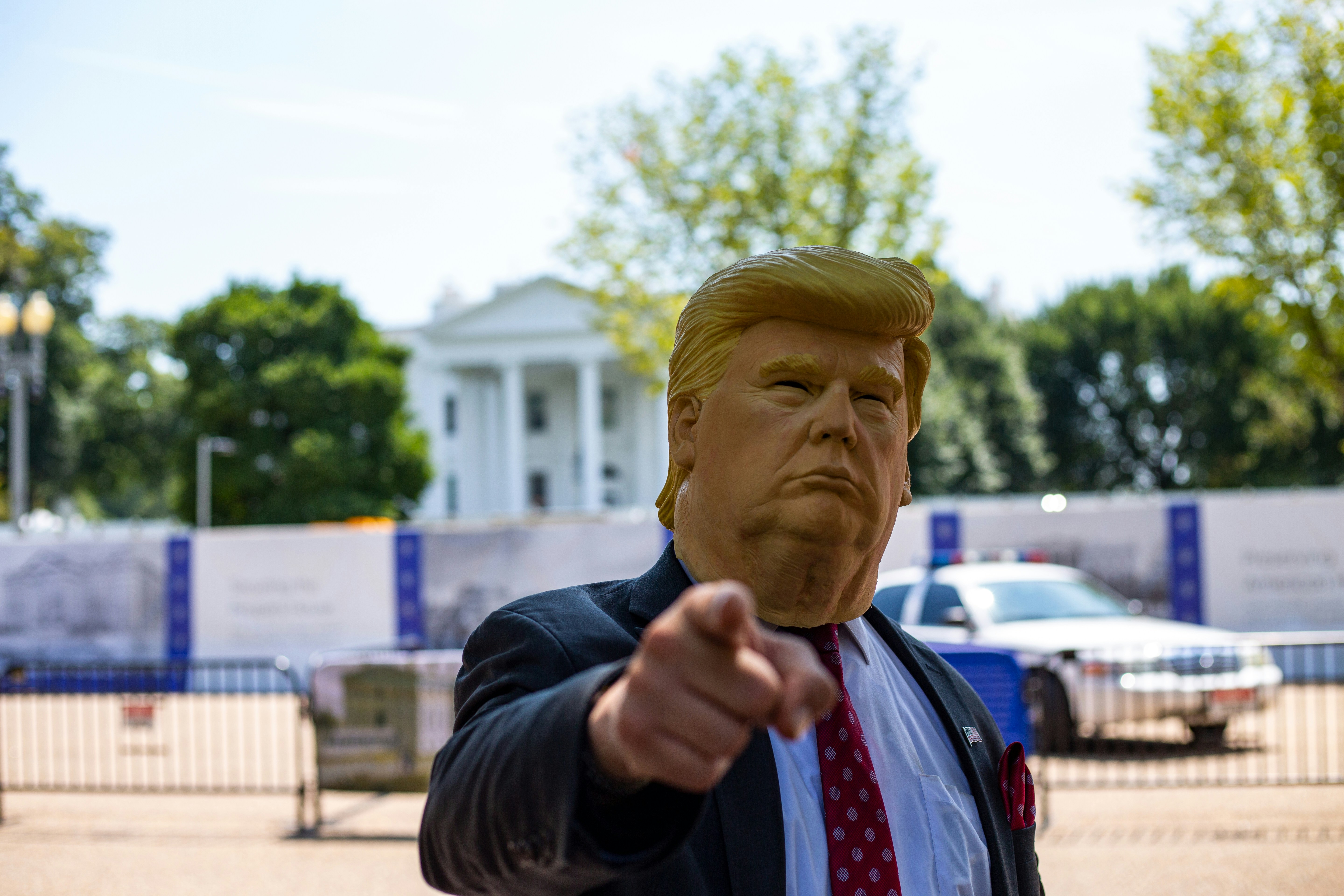Heigh

Introduction: Rising Tensions in Harare
Harare, the capital of Zimbabwe, is experiencing significant political tensions. In recent weeks, public dissatisfaction with President Emmerson Mnangagwa’s leadership has escalated. Citizens are now calling for substantive reforms and accountability from their government. This growing discontent is amplified by the war veterans, who play a vital role in advocating for change and rallying public support.
Background of the Unrest
This unrest stems from economic hardship, political instability, and the government’s failure to address citizens’ needs. Issues like rampant inflation, high unemployment, and inadequate public services have eroded public confidence in the current administration. As frustration mounts, calls for protests have intensified, making upcoming demonstrations pivotal for both citizens and the government.
Government Response and Security Measures
In anticipation of protests, tensions have surged, prompting heightened security measures. Authorities have implemented these measures in response to anticipated public demonstrations and to maintain control over the situation. The government’s awareness of potential protests reflects its concern about the challenges to its authority. The looming conflict in Harare represents broader issues of governance, democracy, and human rights in Zimbabwe.
As protests approach, the discontent underscores the gravity of the situation. The government faces increasing pressure from citizens and various interest groups demanding reform and accountability. Monitoring these developments is crucial as they could significantly influence the future of Zimbabwe’s governance.
The Build-Up to Protests
Increased Discontent Among Citizens
The atmosphere in Harare has become tense as various groups, especially war veterans, express demands for change. Their grievances stem from dissatisfaction with Mnangagwa’s administration, which they argue fosters corruption and mismanagement. This discontent reflects wide-ranging frustrations among multiple demographics, highlighting growing governance concerns.
Role of War Veterans
War veterans have voiced their anger over issues such as rising living costs, unemployment, and a pervasive sense of disenfranchisement. Their mobilization is not constrained to historical grievances from the liberation struggle but extends to contemporary issues across society. As calls for Mnangagwa’s resignation grow louder, war veterans position themselves as crucial players in the potential unrest, leveraging their past influence to mobilize public sympathy and support.
Grassroots Mobilization Efforts
In the lead-up to protests, grassroots efforts to organize demonstrations have surged, utilizing social media and local meetings. The government has responded with increased security measures, reflecting its concerns about potential unrest. Therefore, these protests encapsulate broader societal grievances that have been long neglected. This scenario illustrates a precarious intersection between historical contexts, current socio-economic challenges, and collective aspirations for accountable governance.
Security Forces on High Alert
Heightened Security Measures
Amid escalating tensions in Harare, the government has heightened security measures in anticipation of protests against Mnangagwa’s leadership. This response reflects a broader strategy designed to maintain public order and deter unrest. Security forces have increased their visibility in the city by deploying personnel to key locations and establishing police roadblocks.
Citizens’ Mixed Reactions
Increased patrols by police and military units are now commonplace. As these forces engage with the public, many citizens express frustration over restrictions on movement while also understanding the need for security during this potentially volatile time. Reactions are mixed; some see security measures as necessary for peace, while others are increasingly concerned about implications for personal freedoms and civil liberties.
Complex Social Climate
As protest day approaches, the tension between the government’s desire for security and citizens’ right to expression remains crucial in Harare’s socio-political landscape. The presence of armed forces may reassure some, but it simultaneously creates fear among others, reflecting fears of authoritarian governance.
The Voice of the Opposition
Giza’s Role in Advocating Change
As tensions escalate leading up to protests, the role of opposition leader Giza has gained importance. His underground activities demonstrate a strong commitment to demanding accountability and change in Zimbabwe’s political landscape. Giza embodies hope for many disillusioned with the current regime, as his advocacy resonates with citizens yearning for significant leadership change.
Mobilizing Support
Giza’s clandestine presence galvanizes support and inspires courage within his followers. Through his actions, he embodies a struggle against an oppressive regime, paving the way for a movement striving for justice and freedom. His symbolic importance highlights the potential for change amid adversity and strengthens the narrative for accountability and reform.
Importance of Grassroots Movements
Even while largely absent, Giza maintains a connection with supporters, showcasing his ability to motivate a population eager for change. Activists and citizens alike view him as a resilient figure amidst dissent facing severe repercussions. His dual role as a leader and symbol emphasizes the realities of opposition figures in Zimbabwe and reflects the greater pursuit of democracy.
Public Sentiment on the Ground
Expressions of Frustration
The atmosphere in Harare is characterized by significant discontent among citizens preparing for protests against Mnangagwa’s leadership. Residents express frustration over persistent governance issues, particularly concerning inadequate public services, which they perceive as deteriorating. Complaints about a lack of basic necessities like water and electricity reflect broader feelings of neglect from those in power.
Struggles Against Corruption
Corruption within the ranks of government amplifies public unease. Citizens observe stark contrasts between the wealth of elites and their struggles. This disillusionment cultivates an environment encouraging many to voice their grievances. Proposed protests may serve as a catalyst for change but also evoke anxiety regarding possible violence and instability.
Economic Concerns Among Local Businesses
Local businesses harbor concerns about projected economic effects from upcoming protests. Worries of looting and disruptions are prevalent, as entrepreneurs grapple with economic challenges. Small businesses are critical to Harare’s economy; as they navigate desires for meaningful societal change with the need for financial stability, anxiety among merchants grows.
Security Measures and Precautions
Government Advisories for Safety
Amid potential protests against Mnangagwa’s administration, the government has issued advisories to ensure citizen safety. Recognizing concerns about rogue elements potentially disrupting demonstrations, citizens are urged to remain vigilant and proactive in protecting their communities.
Staying Informed
The government emphasizes the necessity for individuals to remain informed about the evolving situation in Harare. Regular updates from reliable sources are vital to counter misinformation, allowing citizens to make informed decisions regarding risks. Local authorities encourage residents to avoid potential hotspots for unrest, including government buildings or known protest sites.
Building Community Solidarity
Solidarity within communities becomes crucial during these uncertain times. Local leaders and organizations should facilitate discussions on maintaining peace and order in neighborhoods. Citizens can serve as informal observers, reporting suspicious activities to law enforcement, or support local efforts during protests. This grassroots approach enhances security while strengthening community bonds.
Personal Safety Measures
Residents are advised to develop personal safety plans, identifying secure travel routes, safe places to shelter if necessary, and maintaining communication with family and friends. Engaging in discussions with local authorities about security arrangements may also provide reassurance. As tensions rise, collective vigilance and shared commitment to security is essential in effectively navigating these uncertain times.
The Future of Zimbabwean Politics
Discussions on Governance
The ongoing political turmoil in Zimbabwe has sparked crucial discussions regarding the country’s governance future. As tensions escalate before protests against Mnangagwa’s administration, the political landscape appears increasingly unpredictable. Key discussions revolve around possible succession plans, particularly focusing on Vice President Constantino Chiwenga, whose leadership ambitions are viewed through the party’s instability.
Internal Conflicts in the Ruling Party
ZANU-PF faces internal fractures that may alter its future significantly. Rising dissent and divisions challenge the party’s unity while undermining its capacity to maintain a consolidated front against the opposition. Such conflicts may weaken the party’s grip on power and offer opportunities for oppositional forces to grow amidst increasing public discontent.
Speculation About Political Dynamics
While ZANU-PF has historically held a firm political stance, many observers speculate this unrest could trigger a reassessment of power dynamics within the party. Engaging in honest conversations about governance and effectively addressing citizens’ grievances may foster a shift towards greater accountability and reform.
Conclusion: A Populace at a Breaking Point
Urgency for Change
The current atmosphere in Harare underscores a pressing urgency among citizens as tensions heighten ahead of protests. Zimbabweans are voicing their discontent through various channels, signaling a demand for meaningful change amid economic hardships. As civil unrest looms, the population navigates a complex landscape filled with nostalgia and anticipation, where many believe the time for change has finally come.
Stakes of the Upcoming Protests
Emotions run high as citizens prepare to express dissatisfaction with the current regime publicly. These protests represent pivotal moments in the ongoing struggle for rights and recognition. Activists emphasize unity and resilience, hoping to galvanize support and build awareness on the dire conditions facing countless Zimbabweans. This socio-political climate reflects deep-rooted grievances that have festered for years, finally reaching a tipping point where citizens are ready to stand up for their rights.
Global Implications
International interest adds further complexity to the situation, as observers monitor developments in Harare. Human rights organizations, foreign governments, and advocacy groups remain alert to the potential impacts of planned protests, considering how the outcomes could influence Zimbabwe’s stability and international relations. As tensions rise, actions taken by both the government and citizens will be closely scrutinized. Ultimately, the world’s eyes are on Zimbabwe, presenting a crucial moment that could redefine the nation’s future and societal fabric.
A Sustainable Path Forward
For sustainable progress, engaging in dialogue between the government and citizens is essential. Encouraging leadership accountability and embracing collaborative initiatives can foster stability. Building trust through transparency will strengthen the social fabric and empower institutions to prioritize citizens’ welfare. A holistic approach, rooted in mutual respect and understanding, paves the way for a more harmonious and equitable future for all Zimbabweans.
External References
For further insights into the current political climate in Zimbabwe, you can watch these videos:
Share this content:










Post Comment